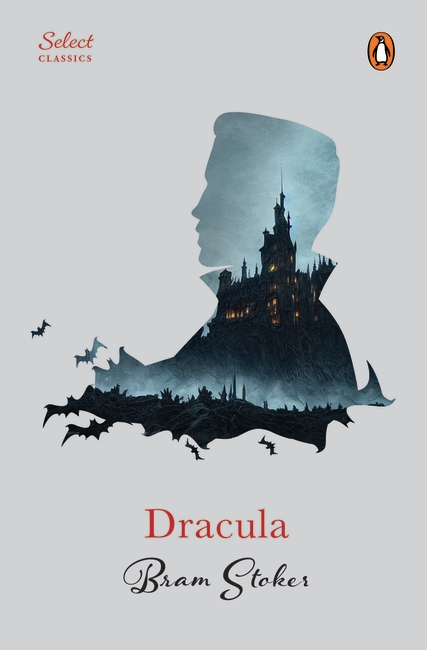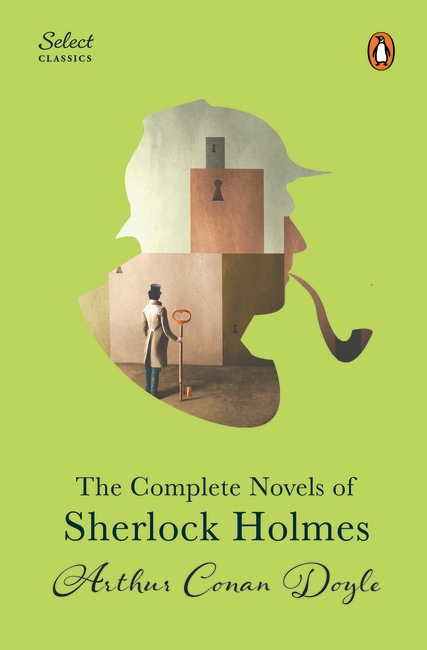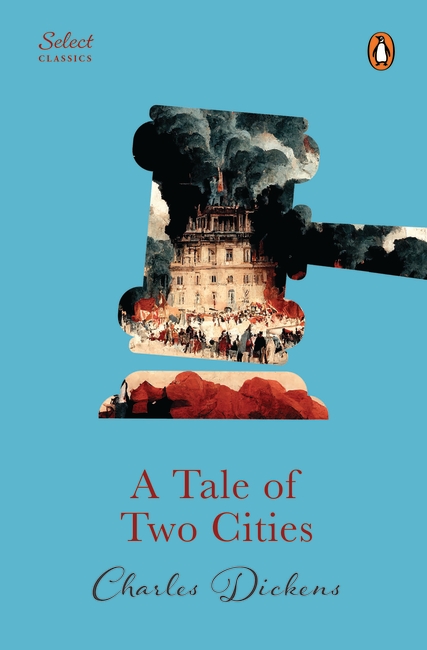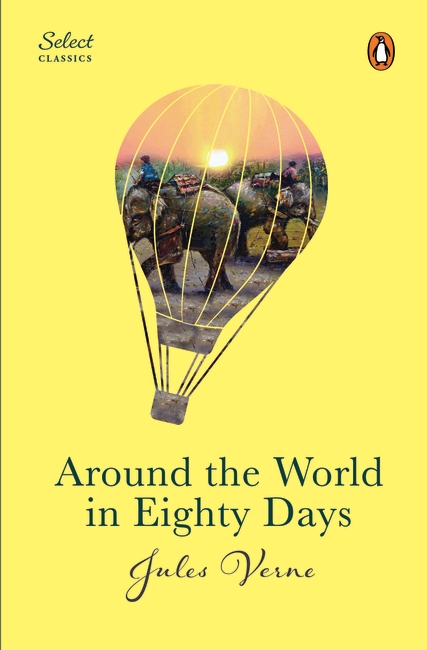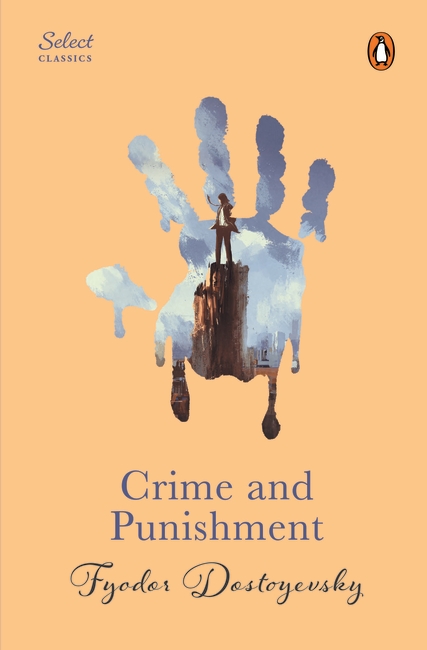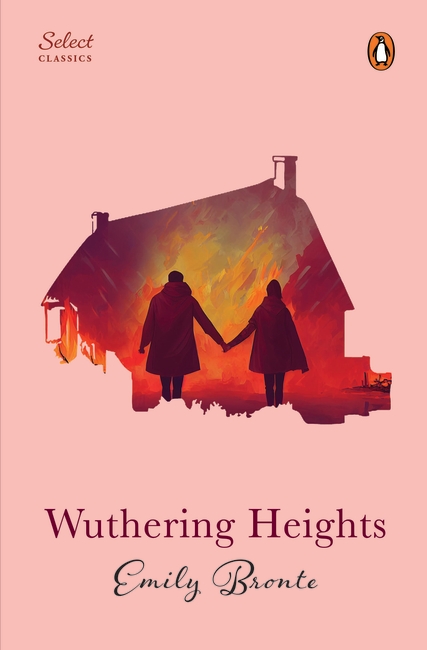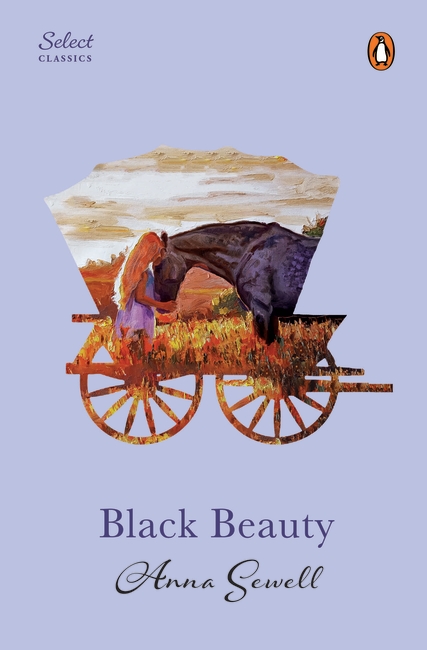
“There are darknesses in life and there are lights, and you are one of the lights, the light of all lights.”
A story told through letters, Dracula is the first novel set against the fantasy of vampires. The story that gave popular culture the tropes of vampire teeth, bites on the neck and their aversions to sun retold time and again.
Set in the wilderness of Transylvania, the Castle Dracula becomes a dark hole where visitors become confined to the prisoners of the castle. Count Dracula, the lord of the castle, is trying to move from Transylvania to England, but is unable to because every person who arrives becomes a victim of his uncontrollable vampire seductions.
A thrilling tale of survival of both the victims and victimizer; the Count’s desperate measures to escape a lonely existence. The horrifying twists and turns make it a gripping read and the spooky settings leaves the reader wide eyed.

“So long as you write what you wish to write, that is all that matters; and whether it matters for ages or only for hours, nobody can say.”
It’s the 20th century and Virginia Woolf is invited to speak to a roomful of young writers at a few colleges. She left the room and society at large perplexed with the thoughts she raised. Would Shakespeare’s sisters be given the same room to flourish if she had his skill sets? Can a women flourish if given the physical space to be by herself and ideate? Can a woman find a professional identity if not infrastructurally empowered? As a society do we allow this?
This book, although a work of fiction with a fictitious narrator and setting, is inspired by the lectures delivered by Woolf. As a revolutionary work, it remains poignant and relevant even today as we seemingly progress to an equal society but struggle with conditionings of gender roles. Despite its heavy subject, it’s an enjoyable, funny, sarcastic, and sensitive read; like a conversation with a dear friend.

“It is better to learn wisdom late than never to learn it at all.”
An absolute treat for the fans of Sherlock Holmes or new readers eager to explore his world, this collection is the best Sherlock kit.
A collection of four novels written by Sir Arthur Conan Doyle: A Study in Scarlet (1887), The Sign of the Four (1890), The Hound of the Baskervilles (1902) and The Valley of Fear (1915).
The stories were first published in various magazines and newspapers between 1887 and 1927; and considered the benchmark in detective fiction. Sherlock Holmes does more than solving mysteries and crimes, he has been the ultimate desirable man because of his style, cigars, unattainability, humour, and stoic personality.
The reader is as swooned by the enigma of Holmes as they are engrossed in solving the difficulties of his cases. The friendship between Holmes and his sidekick Watson adds an endearing quality to the stories making them a classic for a reason.

“I wish you to know that you have been the last dream of my soul.”
The storming of the Bastille, the drop of the guillotine blade—this is the French Revolution that Charles Dickens vividly captures in the novel A Tale of Two Cities.
It was the era of suppressed people rising for their rights, overthrowing centuries of corrupt regime; for them the wounds and blood was sweet as it was tinged with the air of liberation.
With compassion and empathy, Dickens writes some unforgettable scenes and memorable characters: the sinister Madame Defarge, knitting her patterns of death; the gentle Lucie Manette, unswerving in her devotion to her broken father; Charles Darnay, the lover with a secret past, and Sydney Carton, whose unlikely heroism gives his life meaning.
In Dicken’s enigmatic world of treachery and heroism, explore the bravest and weakest corners of human nature, and the redemptive power of love and sacrifice.

“I realize now that there’s a lot to be said for traveling if you want to see something new.”
When Phileas Fogg, a wealthy gentleman, impulsively bets that he can travel the globe in just eighty days, he sets in motion an extraordinary chain of events. Leaving behind the comfort of his predictable life, Fogg and his loyal valet Passepartout, embark on a race against time.
Passing through exotic lands and dangerous locations, they seize whatever transportation is at hand—train or elephant.
Their quest for the ultimate adventure is not without its challenges. Fogg has become the prime suspect in a bank robbery, with a relentless detective hot on their heels. As they journey across continents, their race against time becomes a race for their freedom.
Will they conquer the world and prove Fogg’s audacious bet right? Prepare to be captivated by Verne’s masterful storytelling as he weaves a tale of suspense, and a thrilling spirit of adventure.

“Nothing in the world is harder than speaking the truth and nothing easier than flattery.”
What happens when paramount self-belief leads to self-destruction. Raskolnikov’s is a student who believes he has the responsibility of using evil means to bring good to people; thereby committing murders.
As Raskolnikov is chased by a relentless investigator, his conscience starts to haunt him, tightening the grip of guilt. Amidst this turmoil, only Sonya, a marginalized sex worker, holds the key to his salvation.
Ultimately, Raskolnikov’s path leads him to a profound reckoning. Through suffering and self-realization, Raskolnikov discovers the true nature of happiness and the power of accepting and reciprocating love.
Crime and Punishment stands as a testament to Dostoevsky’s unparalleled ability to explore the depths of the human psyche, the complexities of truth, guilt, and the search for redemption.

‘He’s more myself than I am. Whatever our souls are made of, his and mine are the same.’
Set on the moors and based on two households, Wuthering Heights and Thrushcross Grange, it’s a story of love, passion, and the fear of isolation.
A poor boy, Heathcliff is rescued from the shackles of poverty and is taken in by Mr Earnshaw. He soon develops an intense relationship with his gaurdian’s daughter, Catherine. But her real brother, Hindley detests Heathcliff to the extent that he manipulates her to marry someone else.
Separated by fate but connected by heart, Catherine and Heathcliffe long to be together, uniting in a supernatural realm. Their relationship as lovers and with the others impacts everyone’s lives for
generations to come.
How long can their love last amidst the constant feelings of jealousy, vengeance and hatred? Will the residents of Wuthering Heights find a way to heal?

“I loved her against reason, against promise, against peace, against hope, against happiness, against all discouragement that could be.”
Pip, a blacksmith’s apprentice goes from humble beginnings in the marshes of Kent to the bustling streets of Victorian London. A chance encounter with the escaped convict Magwitch sets off a series of events that lead Pip to the eccentric Miss Havisham and her captivating ward, Estella.
In his pursuit of becoming a gentleman to win Estella’s affection, Pip grapples with his own self-worth and the impact of his humble origins.
Pip must unravel the complexities of his own identity and in the bustling 19th century London his idealistic ambitions are threatened by dominating class difference.
Charles Dickens’ riveting and thought-provoking novel raises profound questions about human worth and the pursuit of success in a rapidly changing world.

“We shall all have to be judged according to our works, whether they be towards man or towards beast.”
The heartfelt story of Black Beauty is a remarkable testament to the power of compassion and resilience.
Black Beauty begins his journey as a cherished young horse, content and loved. However, one day he gets sold and becomes subject to various owners, some kind-hearted and others cruel. Sometimes he led elegant carriages, then pulled humble cabs. Black Beauty adapted to his roles with unwavering determination.
Through his eyes, readers witness the depths of both human cruelty and compassion.
On his extraordinary journey, Black Beauty endures hardship, discovers love, and ultimately finds solace in the embrace of a compassionate soul.

“Perhaps to lose a sense of where you are implies the danger of losing a sense of who you are.”
Griffin, an ingenious research scientist, develops a process that can render physical objects invisible. He successfully performs the experiment on himself, but soon realises that it is impossible to survive oblivious to the world and all those that matter to him.
This invisible man is now desperate to reverse the process. Will Griffin be able to become visible again? Or his obsession for invisibility will result in his doom?
Considered to be a pioneer of science fiction, this novel explores the deep and unresolved ideas of science vs the universal power, the extent of human mind and the dangers of being swept by the mind’s wickedness. The Invisible Man warns about the destructive effects science can have if not practiced with limits on the human desires.
A relevant story, especially in the age of artificial intelligence.






